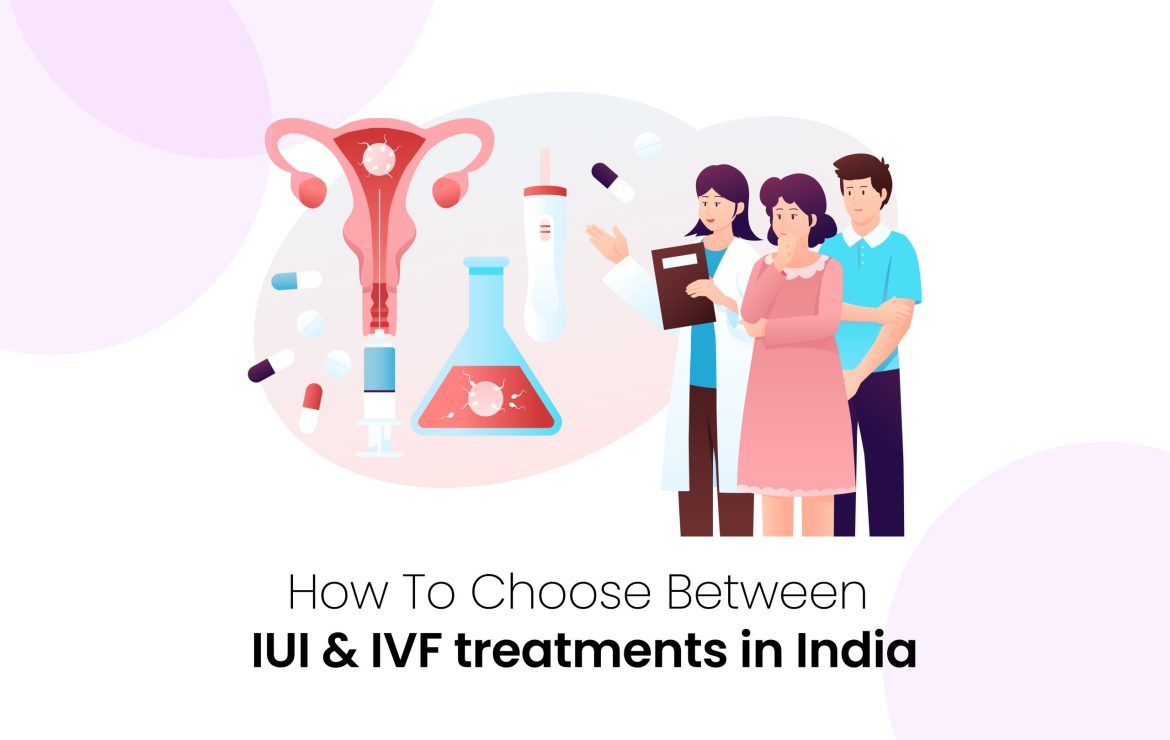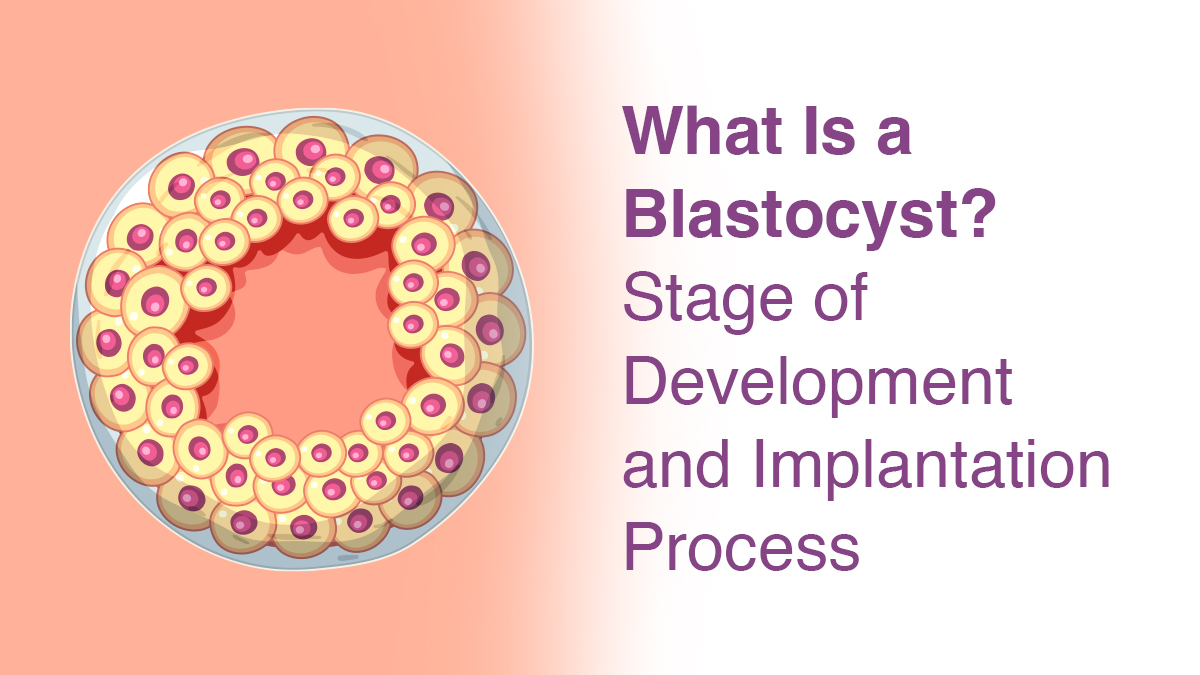
How To Choose Between IUI & IVF Treatments in India?

Are you trying to start a family but facing challenges along the way? Choosing the right fertility treatment may feel overwhelming when options such as IUI and IVF are available to help you achieve pregnancy. This article explains the differences between IUI and IVF, helping you choose the best fit for your health and fertility goals.
What is the IUI Procedure?
IUI (Intrauterine Insemination) involves placing sperm directly in a woman’s uterus during her ovulation period. This increases the quantity of sperm reaching the fallopian tubes, thereby raising the chances of fertilization. IUI procedure is relatively simple and less invasive than IVF. Many couples try IUI initially as it is generally cheaper and needs less medication. The IUI process involves careful timing and hormone monitoring for optimal success rates, though IUI success varies depending on individual circumstances.
What is IVF?
IVF, or In Vitro Fertilization, takes a more involved approach to fertility treatments. First, eggs are collected from the ovaries. Next, those eggs are fertilized with sperm in a laboratory. Finally, the resulting embryos are implanted into the uterus. This process proves to be more complex than other options, so doctors usually recommend IVF after other fertility treatments have failed for the patient. Though IVF is invasive and costly, it boasts higher success rates than alternatives like IUI treatments. Each IVF procedure is tailored to meet the patient’s unique needs and may use advanced medical techniques to aid in fertilization and implantation.
Key Factors When Choosing Between IUI and IVF
1. Root Cause of Infertility:
The underlying reason for infertility heavily influences whether IUI or IVF will be an appropriate treatment. For instance, IUI procedures can often address mild sperm abnormalities or unexplained infertility effectively. However, an IVF procedure might be recommended for more severe issues like blocked fallopian tubes, severe male infertility concerns, or age-related infertility problems.
2. The Patient’s Age:
Age plays a critical role in fertility treatments. Generally speaking, the younger the woman, the higher the chances of IUI success become. Yet, as age increases past 40 or so, IVF procedure often gets recommended due to its higher success rates in older women. Age impacts both egg quality and quantity, which are crucial factors for any fertility treatment’s potential success.
3. Previous Treatment Outcomes:
If prior fertility treatments like multiple IUI treatment cycles have not resulted in pregnancy, IVF may be the next recommended step forward. Doctors often suggest transitioning from IUI to IVF based on how well a patient responds to treatment and the outcomes of previous attempts made.
4. Costs Can Vary:
IVF treatment tends to cost more than IUI. The potential need for multiple IVF cycles impacts financial planning for starting a family. You should consider costs carefully.
5. Time Commitment:
The IVF process takes longer than IUI treatment. IVF involves multiple steps such as hormonal treatment, egg retrieval, and embryo transfer. Each stage of the procedure requires clinic visits, monitoring, and time. IUI cycles are faster individually but may require repetition to succeed.
6. Success Rates:
While both treatments offer the possibility of pregnancy, IVF generally offers higher pregnancy success rates when compared to the IUI process. However, the IVF process is more complex and expensive.
Consulting Specialists
Choosing between IUI or IVF should always involve consultation with fertility specialists. They can guide you based on your medical history, health condition, cause of infertility, and personal preferences. Their personalized advice ensures selecting the treatment that offers the best chance of success for you.
Conclusion
Deciding between IUI and IVF involves considering personal and medical factors carefully. Understanding the differences in procedures and implications is crucial. Both the treatments can help achieve parenthood, but the right choice depends on your circumstances and advice from fertility experts.


fill up the form to get a
Free Consultation
Avail 0% interest on EMI
All Procedures | No Upper Limit
Frequently Asked Questions
Which is more effective, IUI or IVF?
Is IVF more painful than IUI?
Which is costlier, IVF or IUI?
Is IUI procedure successful on the first try?
Can you start IVF immediately after IUI?
How successful is IVF on the first attempt?
When choosing IVF or IUI, which is preferable?
How we reviewed this article:
- Current Version
- July 24, 2024 by Oasis Fertility
- May 24, 2024 by Oasis Fertility
- May 20, 2024 by Oasis Fertility





